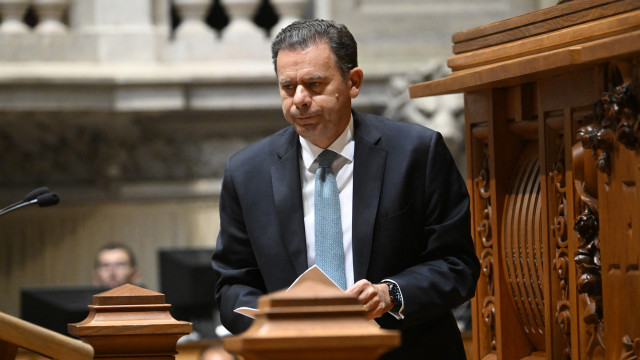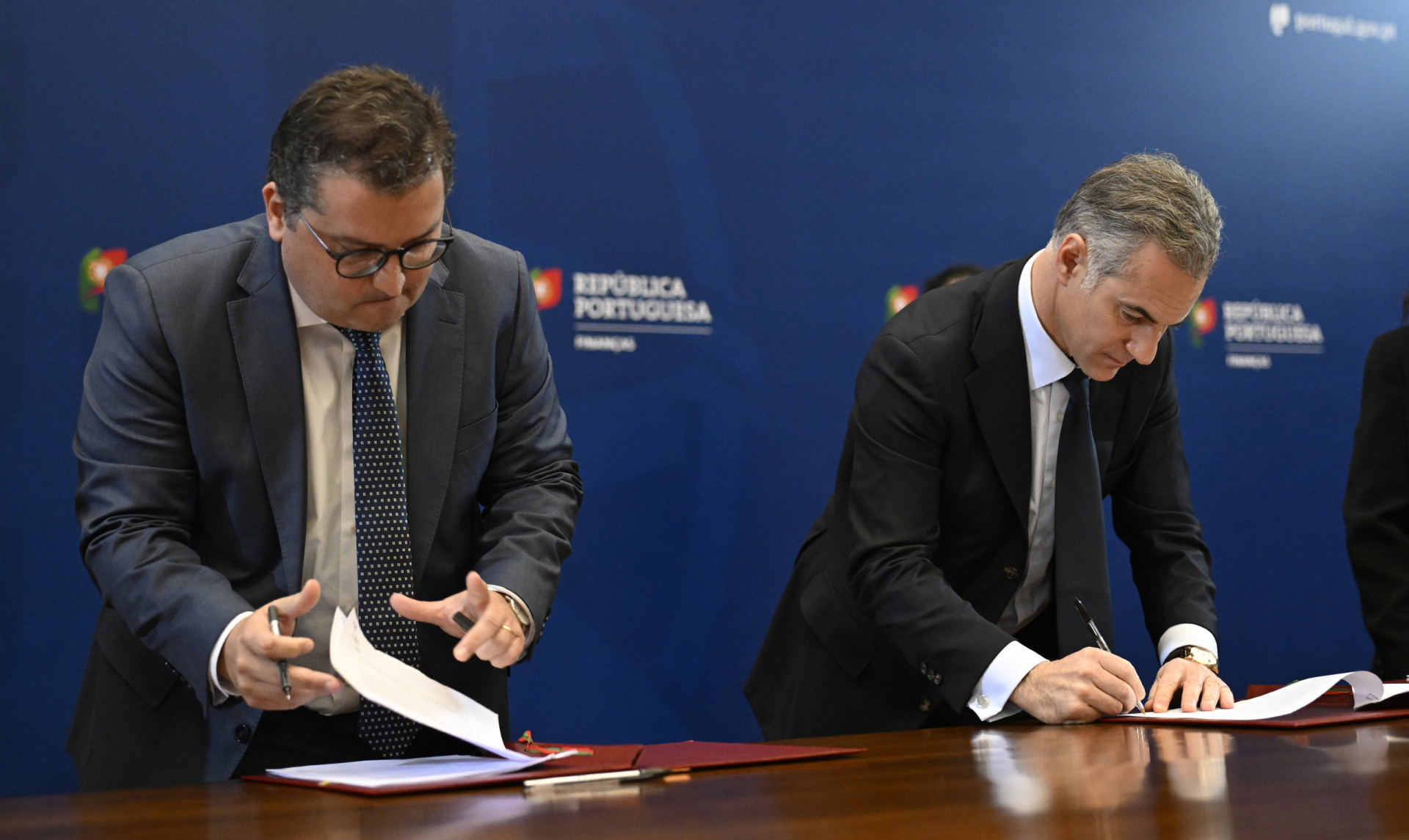
The legislation introducing a new VAT group regime has been published in the Diário da República and will be implemented starting July 1, 2026. What will change?
The new VAT collection model will allow economic groups with multiple companies to consolidate the tax balances they owe to the state or recover from entities “united by financial, economic, and organizational ties,” according to the new law.
The law came into effect on Tuesday but will only take effect next year, applying “to tax periods starting from July 1, 2026.”
According to the law, the required financial linkage occurs when the dominant entity holds “a direct or indirect stake of at least 75% of the capital of another or other dominant entities, provided this participation grants it more than 50% of the voting rights.”
Who does the new model apply to?
The new model is intended for companies that belong to the same economic group, based on the consolidation of the tax balances to be delivered or recovered by members of a corporate group.
Companies will be able to opt into this new regime, with the “dominant entity” making this choice with the Tax and Customs Authority (AT). If a group joins, the new model will cover “all entities within the group.”
The entities in the group must meet several cumulative conditions.
They must “have their headquarters or permanent establishment in national territory,” conduct, in whole or in part, operations granting the right to VAT deduction, “be under the normal VAT regime with monthly frequency at the time of the option, or come to be under this regime” according to the rules in the code, and “the dominated entity must be owned by the dominant entity, with the legally required level of participation, for more than a year, with reference to the date the regime application begins.”
This last condition excludes “entities established less than a year ago by the dominant entity or another entity in the group,” if since their establishment there has been a direct or indirect holding in accordance with financial linkage rules (75% of capital and more than 50% of voting rights).
According to the government’s explanation in the law proposal approved in parliament, the consolidation occurs “in a VAT declaration made available by the Tax and Customs Authority and confirmed by the group member considered the dominant entity [the parent company of the economic group].”
Group companies “continue to submit their periodic declarations, calculating their respective balance, creditor, or debtor, which is then reflected in the group declaration,” the government further explained.
When presenting the proposal, the government noted having considered the “experience gained in corporate group taxation” in IRC and “the contributions obtained within the Forum of Large Taxpayers,” a dialogue group between the AT and the largest national companies.
The initiative was approved in the Assembly of the Republic, in a final global vote, on October 17, receiving votes in favor from PSD, CDS-PP, Chega, and IL. The PCP and BE voted against. PS, Livre, PAN, and JPP abstained.
The decree was promulgated on the same day by the President of the Republic, Marcelo Rebelo de Sousa.




